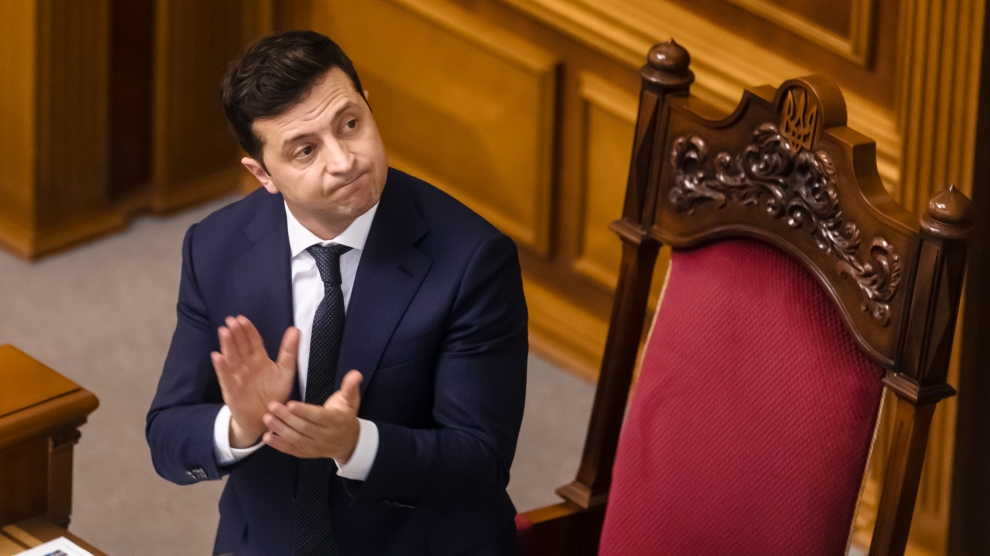Our weekly digest of articles about emerging Europe published elsewhere this week, all of which caught our eye and all of which are well worth your time. Listing them here, however, does not necessarily mean that we agree with every word, nor do they necessarily reflect Emerging Europe’s editorial policy.
Ukraine’s anti-oligarch law could make President Zelensky too powerful
Anyone anticipating that the anti-oligarch bill recently signed into law by President Zelensky marks a new beginning for Ukraine will have had their hopes dampened last week.
Europe must seize this chance to help restore democracy in Hungary
An opposition united behind a conservative Catholic anti-corruption candidate could be a real challenge to Viktor Orbán’s regime.
Brain drain from Britain delivers financial boon to Estonia
Estonia is welcoming British companies looking to escape the tangle of regulations and financial obstacles of doing business in Europe.
UK sponsors deregulation of labour rights in Ukraine
Experts warn proposed labour reforms, which the British Foreign Office has consulted on, could reduce Ukrainians’ rights at work.
A scheme to use migrants to split the EU is likely to backfire
The president of Belarus, Alexander Lukashenko, seems to have intended to reignite the internal division and political upheaval that followed the influx of migrants to Europe in 2015. He has instead forged a consensus in favour of the swift punishment of his regime.
Tajikistan: Teachers leaving for Russia and not looking back
Salaries for teachers in Tajikistan were always horribly low but living costs have soared since the Covid-19 pandemic began.
Turkey’s pragmatic policy in the Balkans has its limits
The recent crisis in Bosnia has highlighted the adaptability – and limitations – of Turkish policy in the Balkans.
Why Turkey and Azerbaijan won’t get a corridor across Armenia
If Turks hope to enjoy unhampered trade with Central Asia all the way to the Chinese border, then Armenians in Artsakh should enjoy the same unhampered trade through Turkey all the way to France or the United Kingdom.
Experts raise alarm over fate of Georgia’s leading art museum amid political upheaval
Concerns persist that a government-backed renovation of the Shalva Amiranashvili Museum of Fine Arts in Tbilisi could endanger its collection of 139,000 ancient and modern works.
Inside the world of Karlo Kacharava, the artists who shaped Georgia’s new avant-garde
Georgian artist Karlo Kacharava lived fast and died young. Creating art among the turmoil of the 1980s and 1990s, his prolific, bizarre oeuvre of paintings, drawings, and words, made until his death at the age of 30, is a unique expression of the chaos of life in a new country in flux.
Unlike many news and information platforms, Emerging Europe is free to read, and always will be. There is no paywall here. We are independent, not affiliated with nor representing any political party or business organisation. We want the very best for emerging Europe, nothing more, nothing less. Your support will help us continue to spread the word about this amazing region.
You can contribute here. Thank you.



